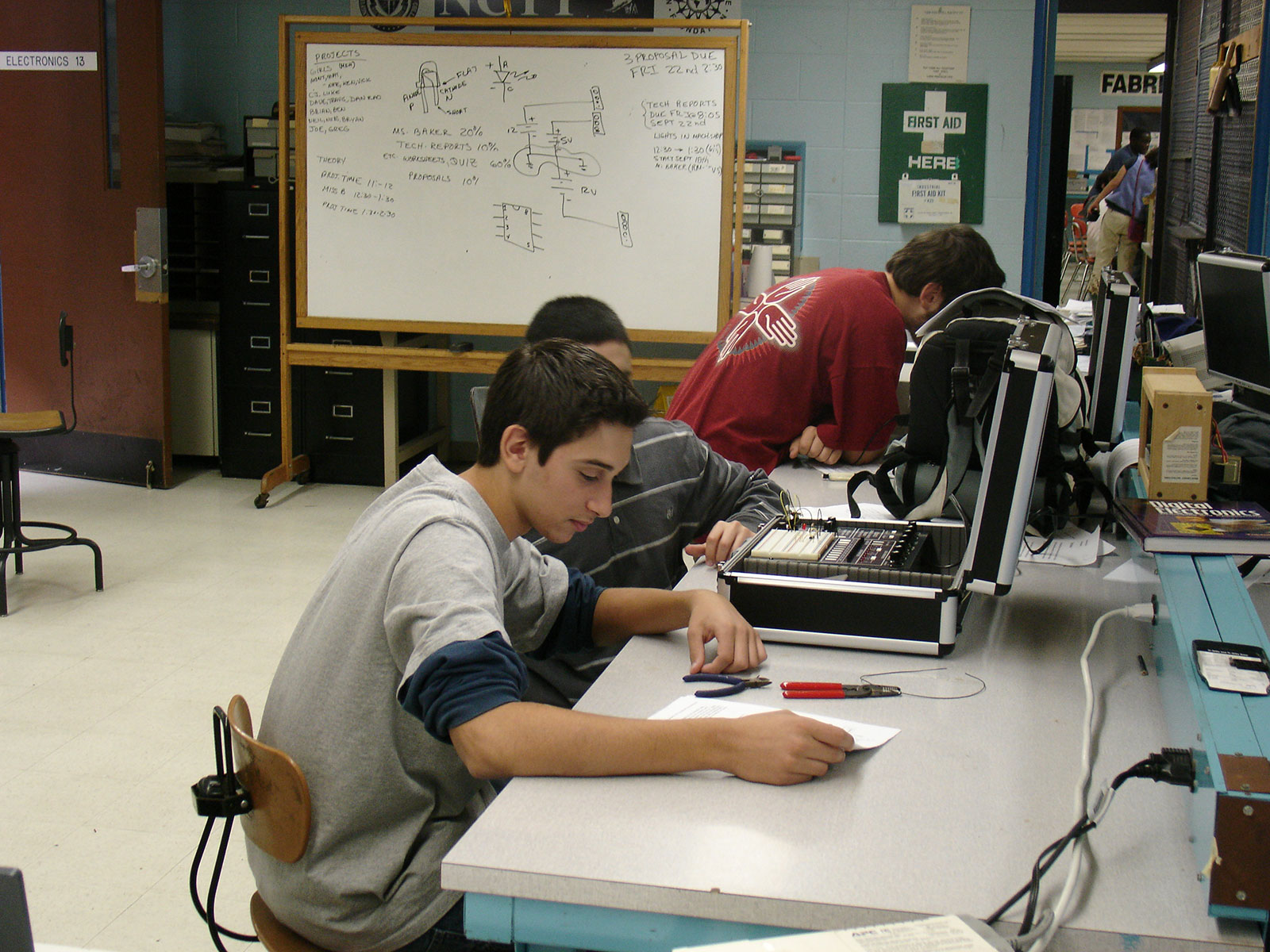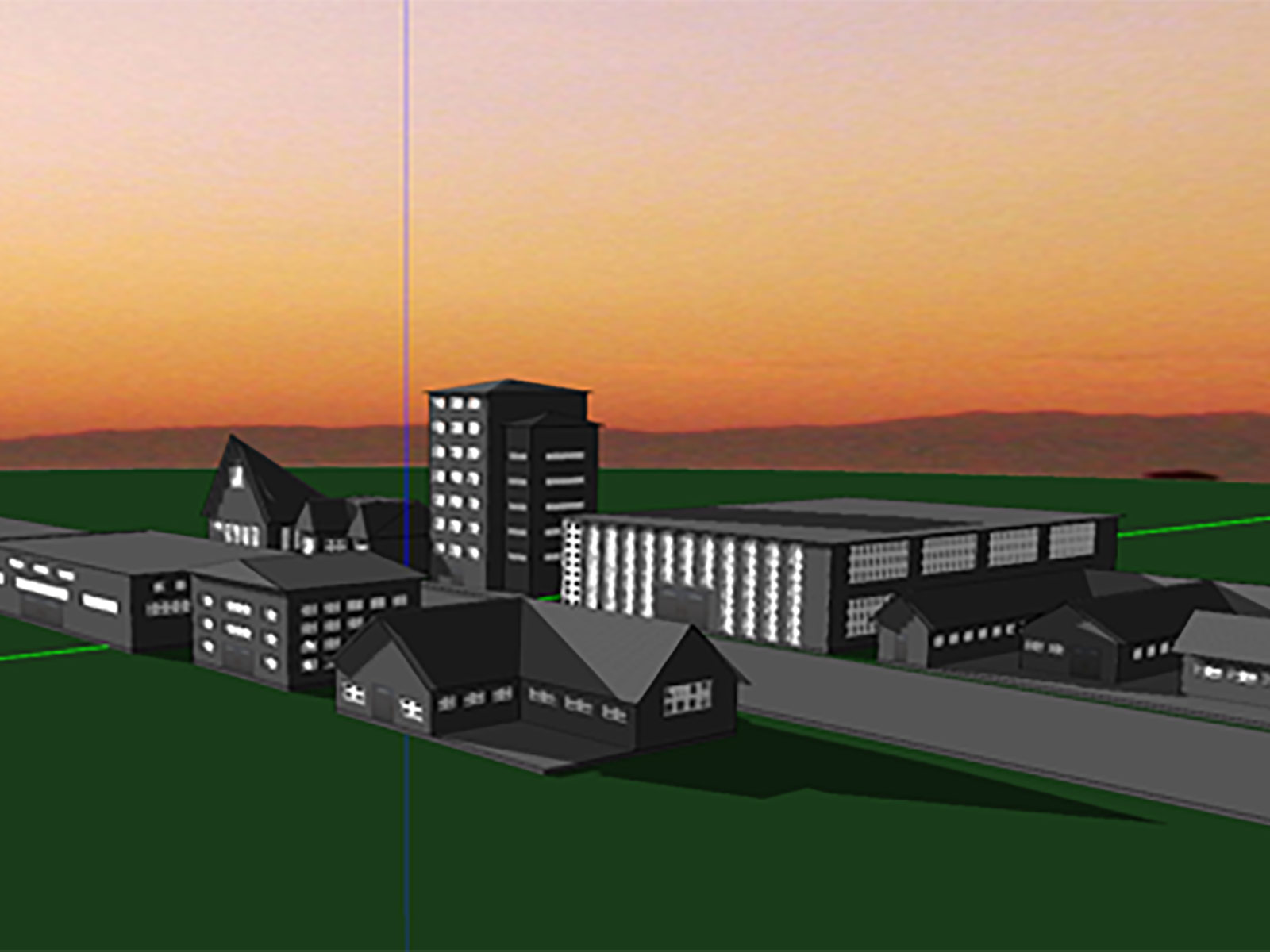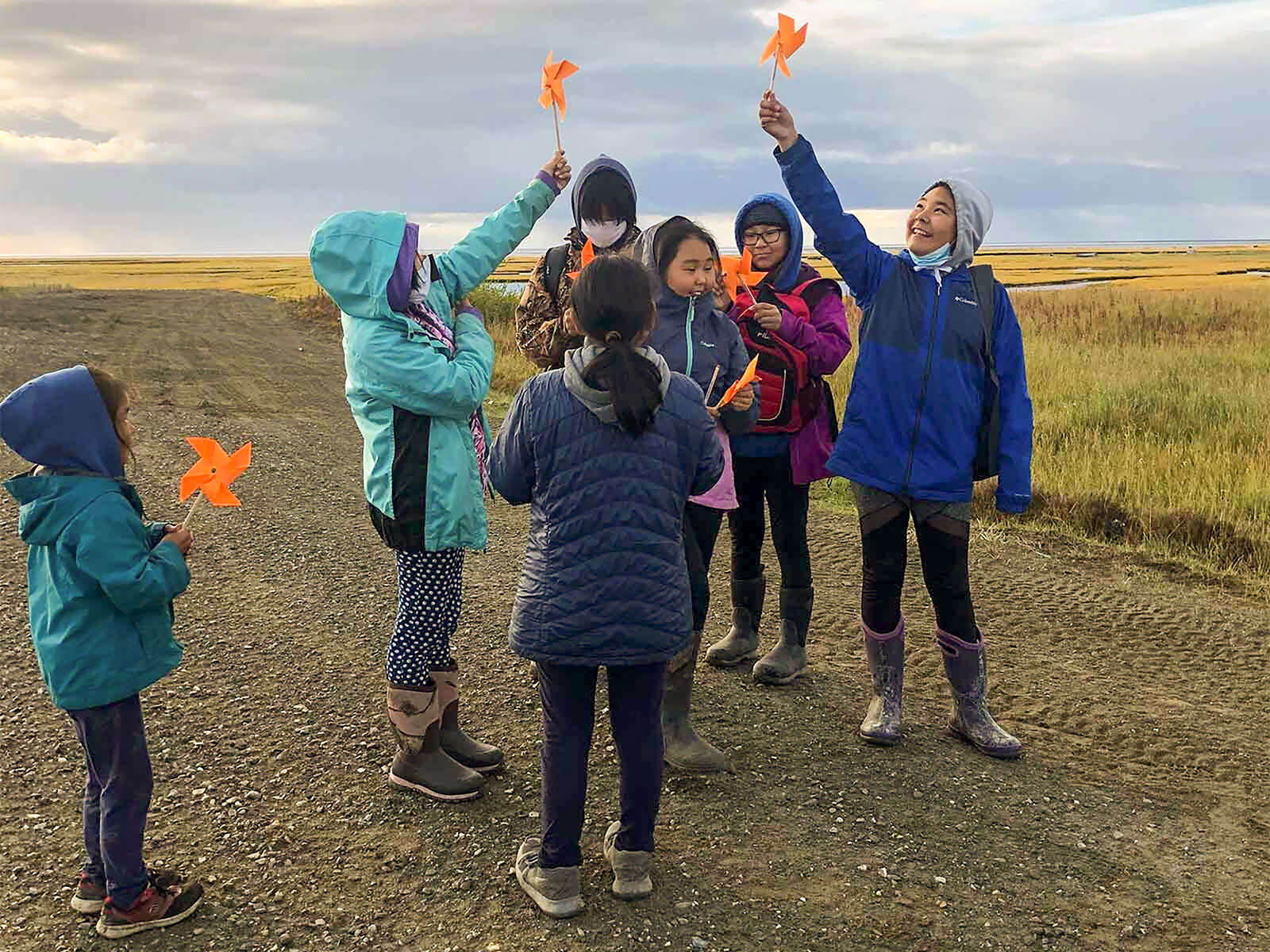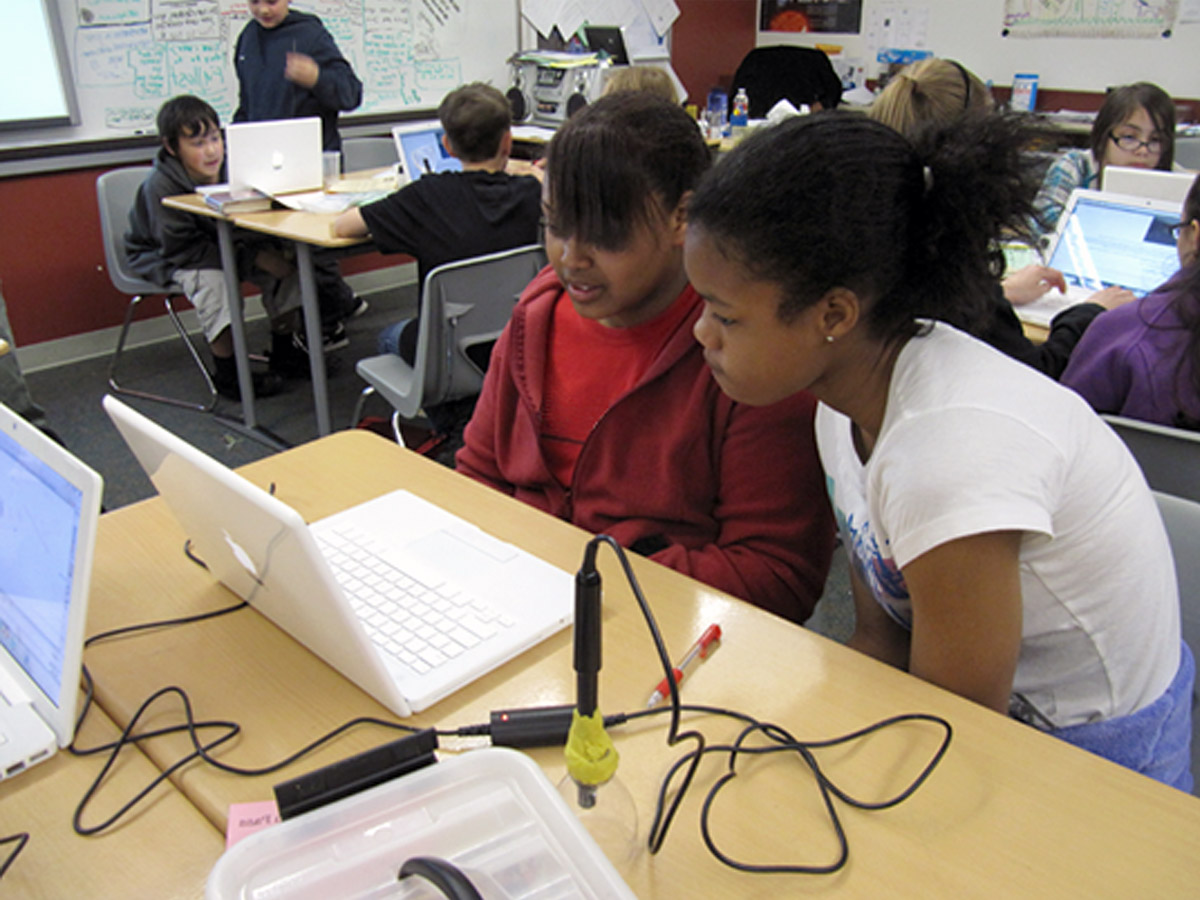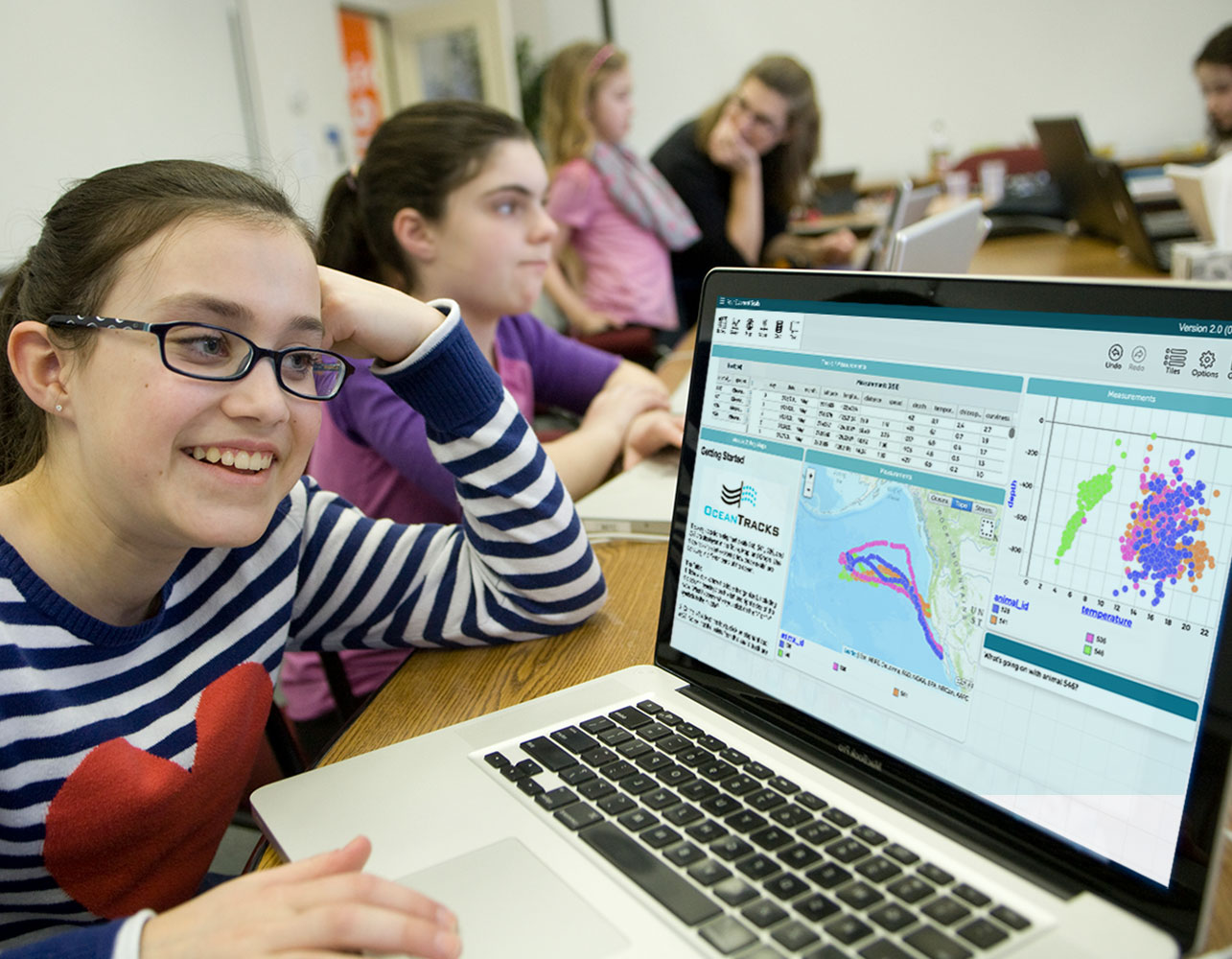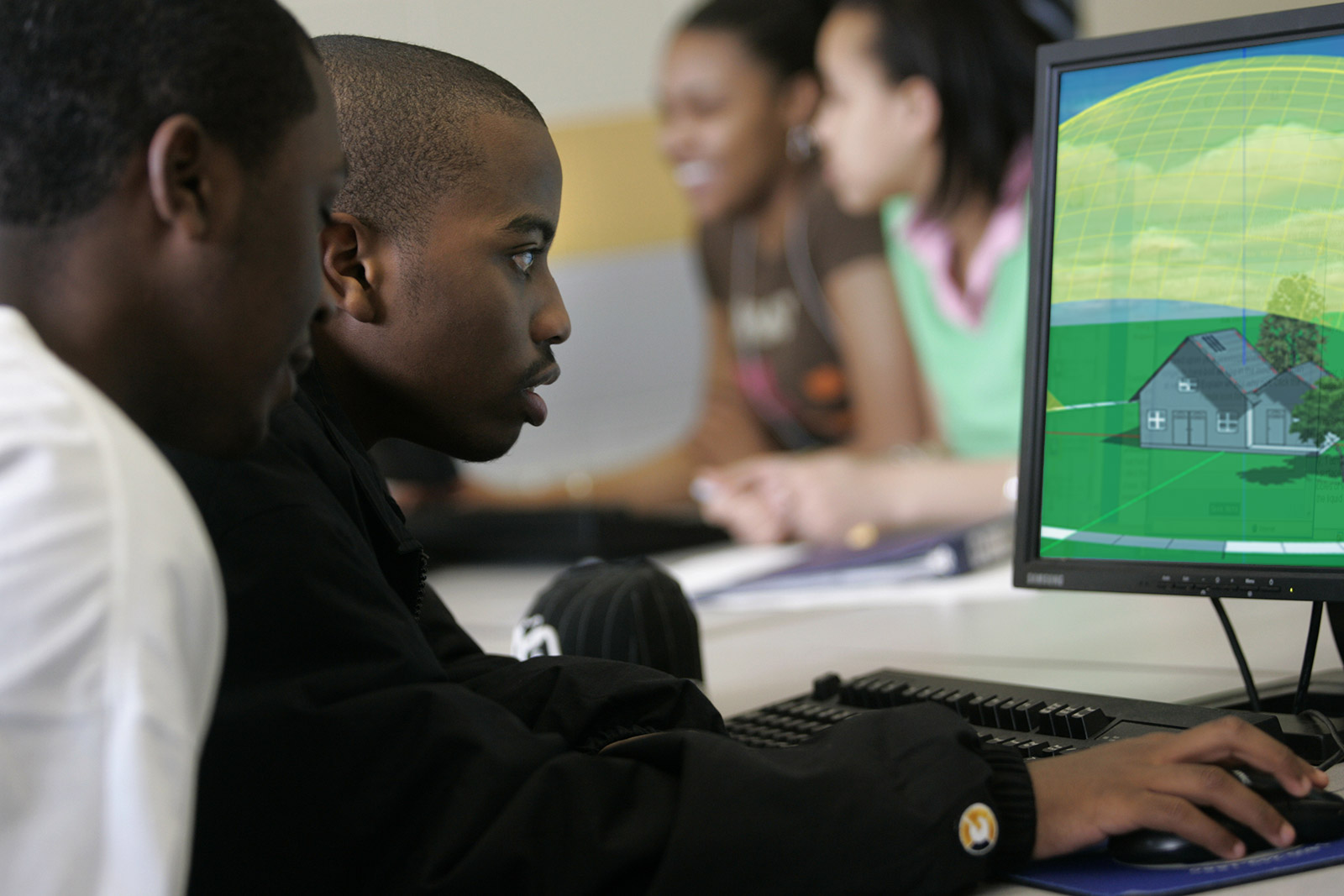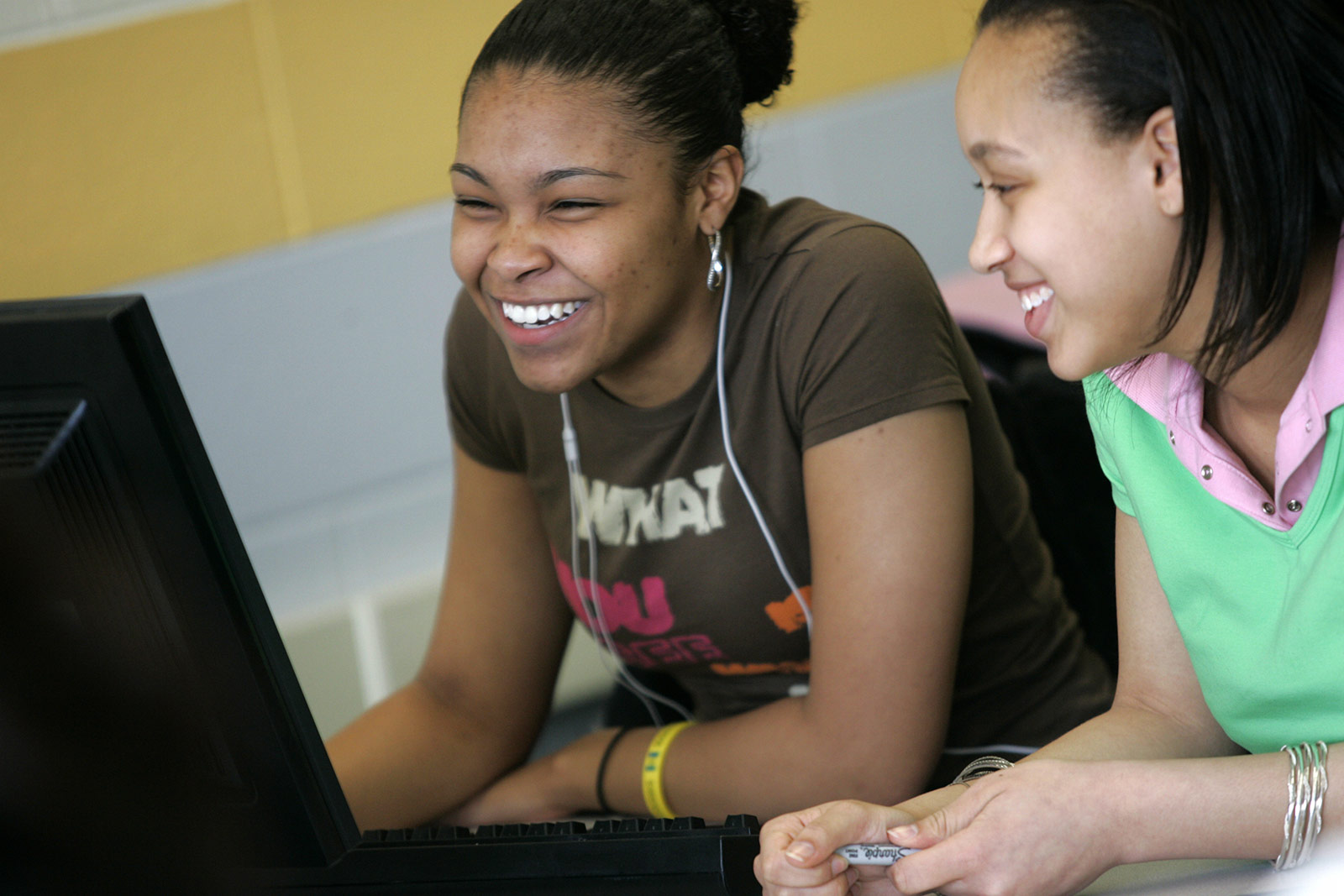Teaching Teamwork
Importance
Teaching Teamwork addresses the mismatch between the value of teamwork in the modern STEM workplace and the difficulty of teaching students to collaborate while also evaluating them individually. We’re measuring how effectively electronics students work in teams.
In science and engineering jobs and in many other fields, it is increasingly important to be able to function effectively in teams, often with collaborators who may be separated by continents and time zones. But when we try to teach this kind of teamwork we run into the frustrating fact that in school it is often impossible to distinguish between collaboration and cheating! As a result, our students encounter precious few opportunities to work with others in the course of their training.
By using a simulation to present a problem to students, we can track their actions and use that data to evaluate the relative contribution of each member of the team. We’re designing algorithms for data analysis to automate the generation of reports that can guide instruction and support the independent assessment of both content knowledge and collaborative problem-solving skills.
Each student is provided with a simulated electronic circuit, such as a breadboard or digital device, and a set of components and test equipment. Students can link their breadboards together over the Internet, and use them to build, modify, and test realistic simulations of electronic circuits. They work independently on their own piece of the circuit, but they can communicate with their teammates and observe their piece. We monitor each student’s actions and communications, analyze the data, and report on the performance of each individual student as well as that of the team as a whole.
Research
Using evidence-centered design, we used an iterative design process that has resulted in a five-level sequence of activities of increasing difficulty. Design affordances encourage team members to think more globally about the overall team goal and collaborate to achieve success.
Videos
View all these videos and more on the Concord Consortium YouTube Channel.
Publications
- Horwitz, P. (2018). What happens when students try to work collaboratively? @Concord, 22(1), 4-6.
- Andrews, J. J., Horwitz, P., Chamberlain, J., Koon, A., McIntyre, C., von Davier, A. A. (2017). Designing Simulations for Evaluating Collaborative Problem Solving in Electronics. The 12th International Conference on Computer Supported Collaborative Learning.
- Horwitz, P., von Davier, A., Chamberlain, J., Koon, A., Andrews, J., & McIntyre, C. (2017). Teaching Teamwork: Electronics instruction in a collaborative environment. Community College Journal of Research and Practice, 41(6), 341-343.
- Andrews, J. J., Kerr, D., Horwitz, P., Chamberlain, J., Koon, A., McIntyre, C., & von Davier, A. (2016). In-Task Assessment Framework: A framework for assessing individual collaborative problem solving skills in an online environment. American Educational Research Association. Washington, DC.
- Horwitz, P. (2015). Teaching teamwork in electronics. @Concord, 19(1), 10-11.
